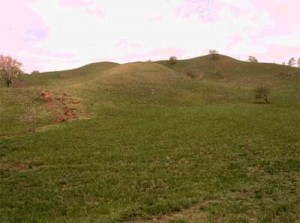In a pro-active attempt for the Brazilian ethanol industry to distance itself from ties to deforestation, the Brazilian President Luiz Inacio Lula da Silva recently announced a legislative proposal called, “The Agro-ecological Zoning of Sugarcane,” that would in essence, “zone” where sugarcane could be grown and harvested throughout the country. The amount of sugarcane grown has increased significantly due to worldwide demand of ethanol.
The Brazilian Sugarcane Industry Association (UNICA) responded positively to the proposal claiming that it, “will prove useful to enhance the sustainability of sugarcane expansion, by going beyond land use restrictions defined in some export markets.” Last week, UNICA released the estimated sugarcane harvest numbers, which are down due to heavy rains.
 Although UNICA supports the idea in some aspects, they also note that various aspects need further analysis. One such area of concern involves the challenges in defining the concept of food security, due to the crop’s dual functions as to provide both food and energy. The proposal, as currently written, could lead to restrictions in growing sugarcane that would, according to UNICA, “have the reverse effect in terms of food security, by restricting the production of additional sugar.” Brazil supplies 60 percent of the world’s sugar needs after supplying its own.
Although UNICA supports the idea in some aspects, they also note that various aspects need further analysis. One such area of concern involves the challenges in defining the concept of food security, due to the crop’s dual functions as to provide both food and energy. The proposal, as currently written, could lead to restrictions in growing sugarcane that would, according to UNICA, “have the reverse effect in terms of food security, by restricting the production of additional sugar.” Brazil supplies 60 percent of the world’s sugar needs after supplying its own.
UNICA notes that no forest lands need to be cleared to grow sugarcane as there are enough suitable lands for growing the crop particularily degraded pastures.

